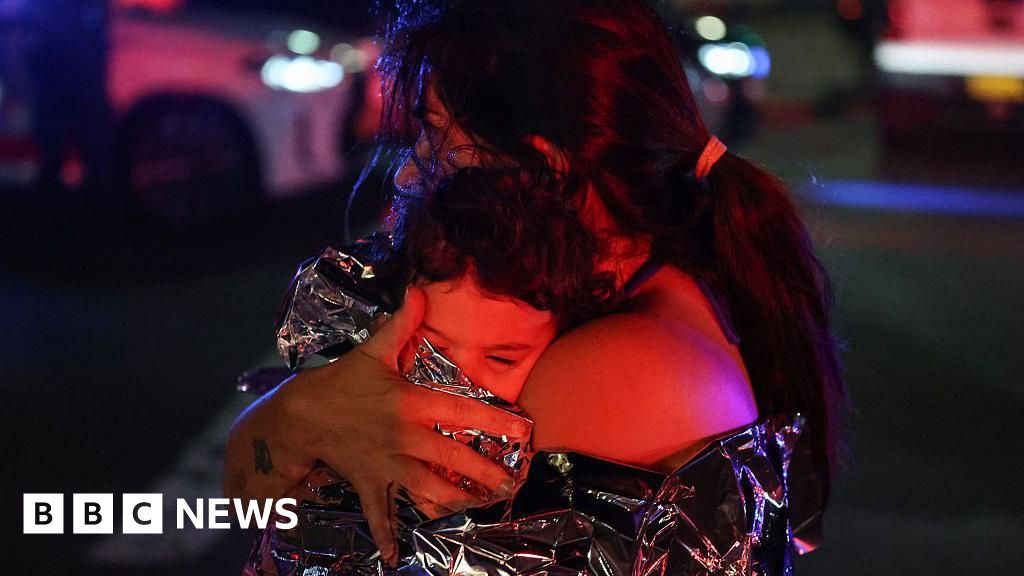A Sudanese militia leader has been found guilty of committing war crimes and crimes against humanity more than 20 years ago in the Darfur region.
Ali Muhammad Ali Abd-Al-Rahman, also known as Ali Kushayb, led the Janjaweed, a government-backed group that terrorised Darfur, killing hundreds of thousands of people.
Kushayb is the first person to be tried by the International Criminal Court (ICC) for the atrocities in Darfur. He had argued it was a case of mistaken identity.
The conflict lasted from 2003 to 2020 and was one of the world's gravest humanitarian disasters.
During the trial, survivors described how their villages were burned down, men and boys slaughtered and women forced into sex slavery.
Kushayb's conviction is linked to attacks committed between 2003 and 2004.
Judges at the ICC found the Janjaweed's brutal tactics - including mass executions, sexual violence and torture - were often inflicted by Kushayb and his men.
Ahead of the verdict, a small group of Darfuris waited patiently to enter the court, in the Dutch city of The Hague.
They were in no doubt about the pivotal role Kushayb played in their suffering, with one man saying: "He was the one who gave the orders. He was the one who got the weapons.
"So if you ask me if he was important in Darfur, I will you tell you he was one of the most important ones."
The Darfur war began after the Arab-dominated government at the time armed the Janjaweed, in an attempt to suppress an uprising by rebels from black African ethnic groups.
The Janjaweed systematically attacked non-Arab villagers accused of supporting the rebels, leading to accusations of genocide.
That same systematic violence is still happening in Darfur as part of the Sudan's civil war.
Many of the Janjaweed fighters have morphed into the Rapid Support Forces (RSF), the paramilitary group that is currently battling Sudan's army.
The UK, US and rights groups have accused the RSF of carrying out ethnic cleansing against non-Arab communities in Darfur since the conflict began in 2023.
.png)
 2 months ago
14
2 months ago
14








 English (US) ·
English (US) ·